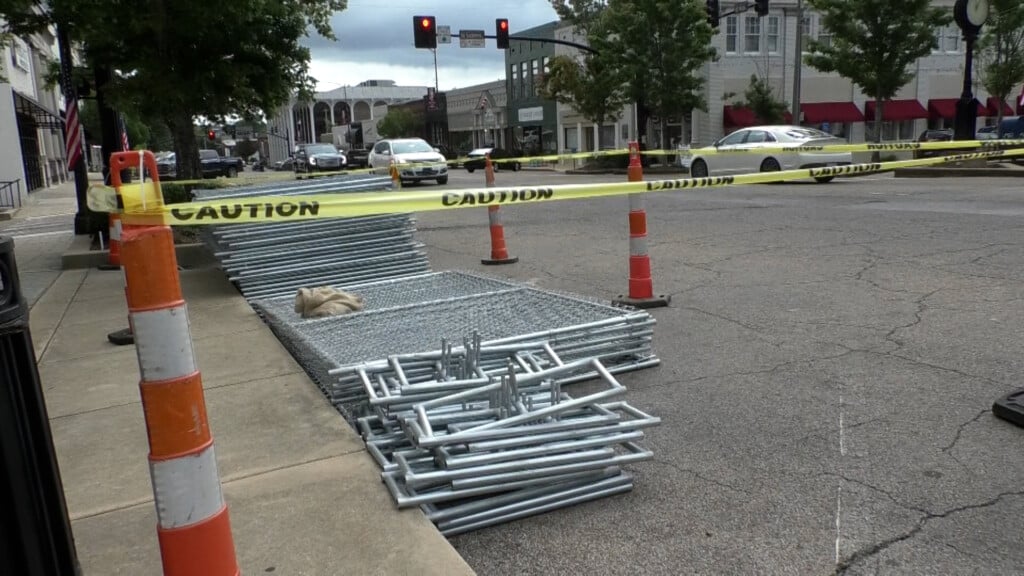Video: Latest Buzz On Honey Bee Population Decline
STARKVILLE, Miss. (WCBI)- More than 45 million bees are killed after the spraying of pesticide in South Carolina over the weekend. The goal was to kill mosquitoes, as more cases of Zika emerge.
Here in the Twin States we have multiple bee keepers. Aside from producing delicious honey, honey bees are vital to the survival of many of our favorite indulgences.
“There are certain crops like almonds, we couldn’t have almonds without honey bees. We need like 1.2 million colonies of bees to pollinate the almond crop in California, which is like 85 percent of the worlds supply. But other crops like apples, a lot of our berries cherries, blueberries and things like that, benefit from honey bees as well.” said MSU entomologist Professor, Jeff Davis.
Farmers and gardeners need the bees to be successful.
“Bringing honey bees to a crop you often get more fruit or nuts; you get better quality because they pollinate the plants at optimal physiology for the plant and so when you bring bees in to pollinate you often get a better yield and a better looking crop.” said Davis.
So, a decline in the bee population has many worried. Jeff Harris has studied bees his entire life. He says the misconception lies in how people feel about pesticides…
“A lot of people have felt that pesticides are a major killer of honey bees in the united states, this is really not the case.” said Davis.
This has been a common belief for years.
“When there were these losses of bees in 2006 till around 2009 for some reason pesticides were targeted even though there was no evidence at all to support it. Pesticides are only part of the problem. The real killer of honey bees are parasitic mites, fungal diseases, transportation stress, we put them on truck and take them all around places to pollinate crops.” said Davis.
He says what happened in South Carolina is tragic, but could have easily been avoided.
“What happened there was a failure of communication, what would’ve been nice is if mosquito control in South Carolina had somehow contacted the bee keepers and said try and protect your bees the best you can. And I don’t think that happened.” said Davis.
Harris also says bee keepers should keep their hives under trees as added shelter from the elements.





Leave a Reply